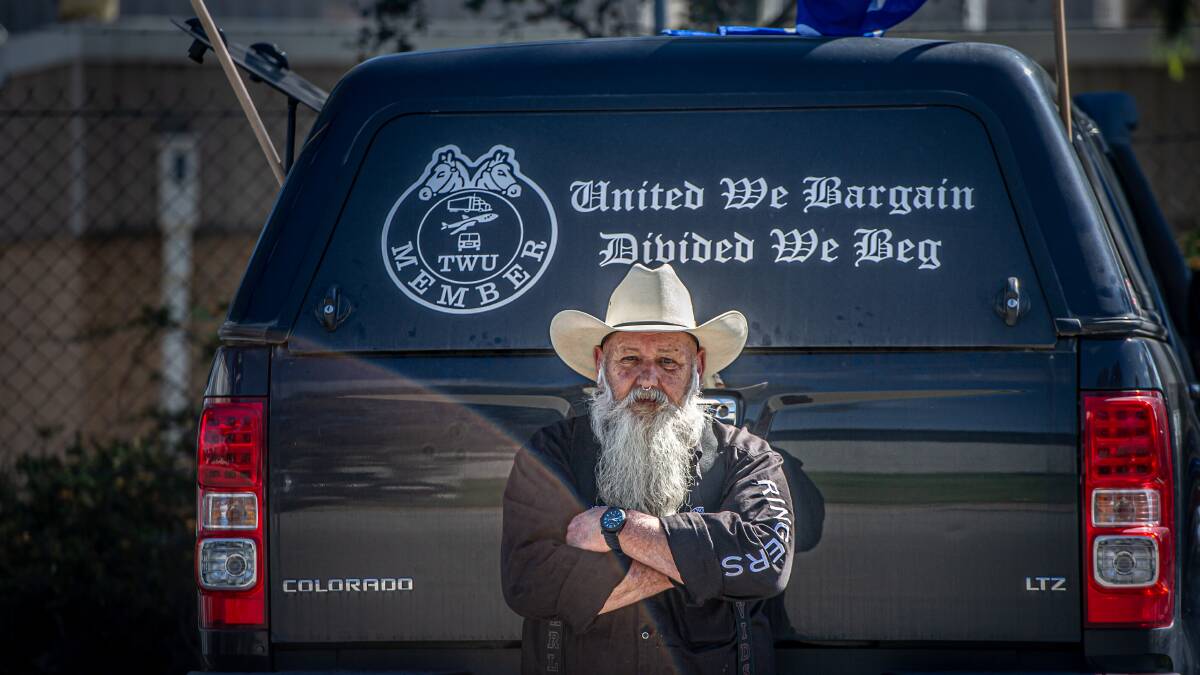
Pay negotiations between Canberra's garbage truck drivers and government contractor SUEZ remain deadlocked, as workers voted down the company's latest offer saying more action may be taken.
Subscribe now for unlimited access.
or signup to continue reading
The union representing Canberra's garbage truck drivers and SUEZ met with the Fair Work Commission this week, where both were told to reconsider their offers in the hope of resolving the six-month long pay dispute.
Garbage truck drivers walked off the job for a third consecutive week on Monday, this time extending their action to affect most of Canberra.
Transport Canberra and City Services warned some households in the Inner North and South may not have their bins collected on Friday. It is not yet clear which suburbs, if any, will be affected.
READ MORE:
Residents have been advised to put their bins out for collection but a temporary drop-off site on Phillip Avenue, near the old Ainslie Transfer Station, will be open from Saturday to Thursday for any missed.
Up to three garbage bags of rubbish can be dropped off for free.
A SUEZ spokesman hoped another meeting on Monday would bring the dispute to an end.
"SUEZ sincerely regrets the disruption to residents caused by the protected strike action and is working with driver representatives to minimise the impact," he said.
However, Transport Worker's Union ACT branch secretary Klaus Pinkas said workers "resoundingly voted down" the company's official offer on Thursday after the company's position hadn't changed.
He said it was likely more industrial action would be taken pending the result of Monday's discussion.
The drivers are calling for a 4 per cent pay rise each year over the next three years.
SUEZ has counter-offered an increase of 2 per cent next year, three per cent in 2022 and a further three per cent in 2023.
"The company believes this offer is reasonable and fair given the current economic circumstances in Australia, reflected in Canberra's CPI figures that show a rise of just one per cent in the 12 months to September," the spokesman said.
Mr Pinkas argued the multi-national company made the same profit from its government contract regardless of the economic fallout of the pandemic.
He believed by increasing workers' wages it would keep more of that profit within the ACT community.


